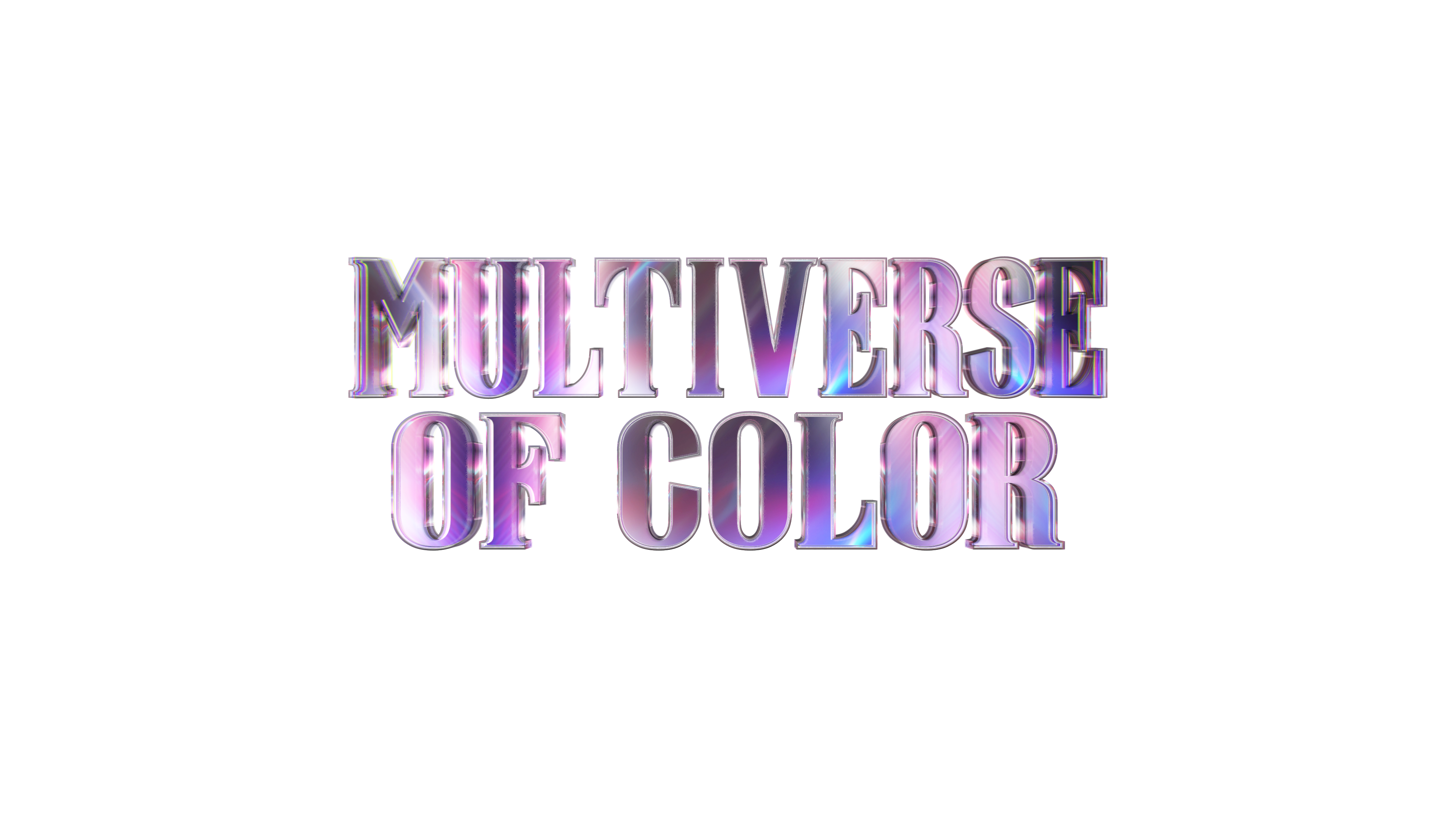During the ‘Diverse Storytellers Empowering Inclusion and Equality’ panel at WonderCon on Sunday, March 31, 2024, Nicole Maines and other panelists discussed the state of diverse storytelling in media.
“I think it’s so much easier to be inclusive and to add representation into comic books. Because we don’t really have the people who aren’t interested in telling these stories, people who were only looking at this as potentially controversial. It’s harder to convince the executives and CEOs to be inclusive,” Nicole Maines shared. “In comic books, in my personal experience, I’ve been shocked at how easy it is to bring stuff in, DC’s willingness to kind of allow me to just run like a bat out of hell with this character, who had no history in the comic books.”
Her character, Nia Nal, known as the superhero, Dreamer, was created for Supergirl on The CW, which aired from 2015 (original season on CBS) to 2021. Dreamer’s character was introduced in 2018 at San Diego Comic-Con (I was also in attendance for this in Ballroom 20). Created for the TV show, she is the direct ancestor of comic book character, Nura Nal, known as Dream Girl, a member of the Legion of Super-Heroes.
“When it ended, I had a meeting with them [DC]. I said this is a groundbreaking character who’s meant so much to so many people, who aren’t even trans and who aren’t queer. She’s just a fantastic character that everyone loves,” Maines said, her passion for Dreamer very apparent.

“So currently, we’re releasing Suicide Squad: Dream Team, limited series. Suicide Squad led by a trans woman. It is just four issues of this unknown, new, diverse character going up against some of the biggest names in DC Comics. And for the first time, in the Suicide Squad: Dream Team #1, she says explicitly that she’s trans,” Maines continued.
“It’s not the end-all be-all of her character. She’s had numerous comic book appearances before. Didn’t have to talk about it. In her first appearance in [Superman:] Son of Kal-El #13, that I co-wrote with Tom Taylor, we wanted to have that conversation between Jon Kent and Dreamer, as two queer superheroes. We were struggling to find space for it to fit into that issue and I said well, don’t do it this issue. Let’s just wait. When it comes up, where it feels organic, when it feels natural, that’s when it’s going to be the best,” she said, explaining her thought process.
“So we were able to kind of sit, wait, take our time, and then as I was writing Suicide Squad #1, there’s this scene with Harley Quinn and Dreamer and it just kind of came up. I was really, really happy with it and that’s exactly how it should be. But we’re afforded those opportunities when we can tell our own stories, when we get to know how we know what feels right. We know when that’s been done correctly. I think that’s the value of happiness. Again, all of that is to say it’s been a lot easier, I think, in the comics than in TV because there’s just such a hesitancy to appeal to the wider audience.”

Dreamer has been making her mark in the DC Universe since debuting on TV almost six years ago. Her first young adult graphic novel for DC Comics, Bad Dream: a Dreamer Story, came out this past week, April 2. We interviewed Maines at San Diego Comic-Con 2023, read the interview here.
Read all of Dreamer’s comic book canon appearances in the DC universe.



